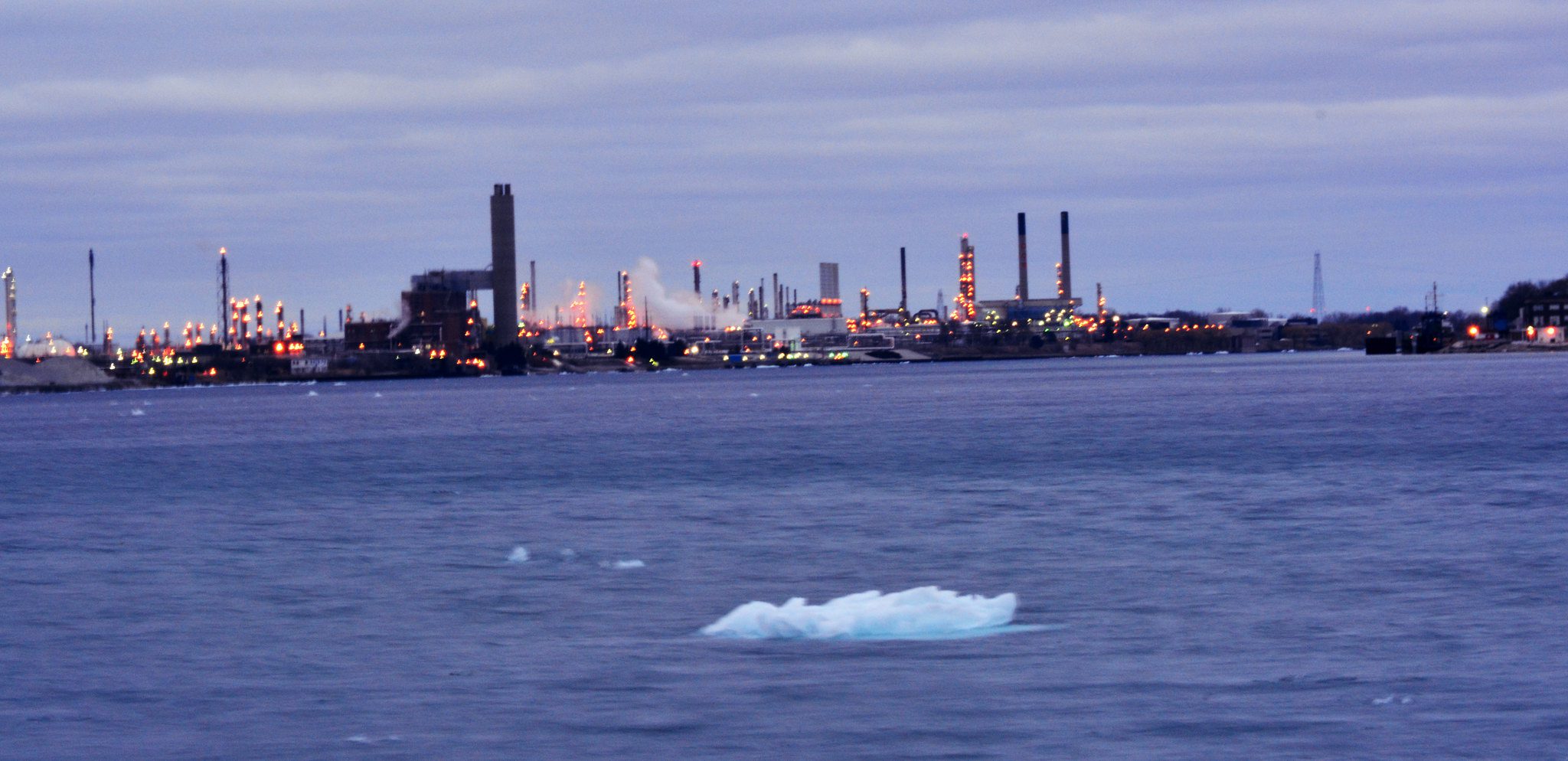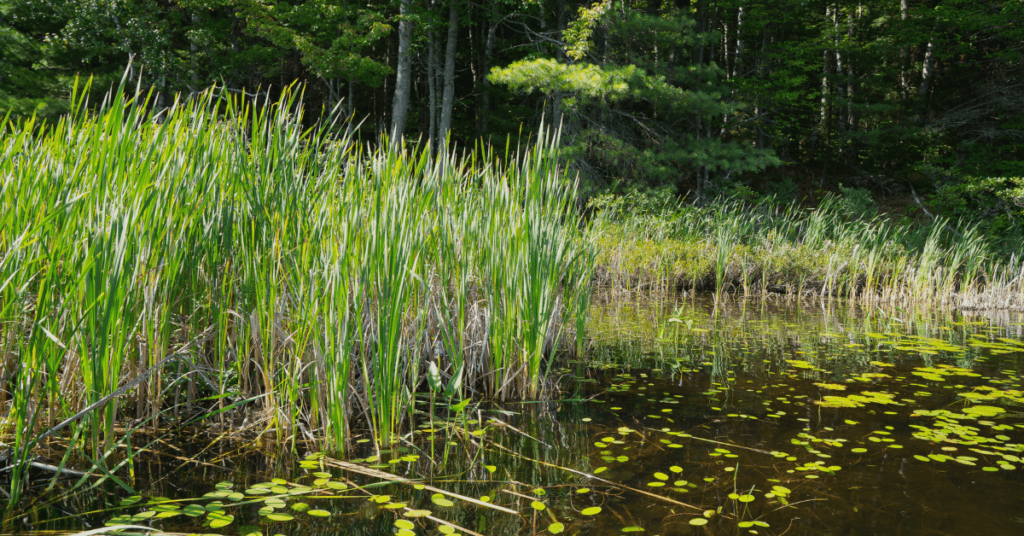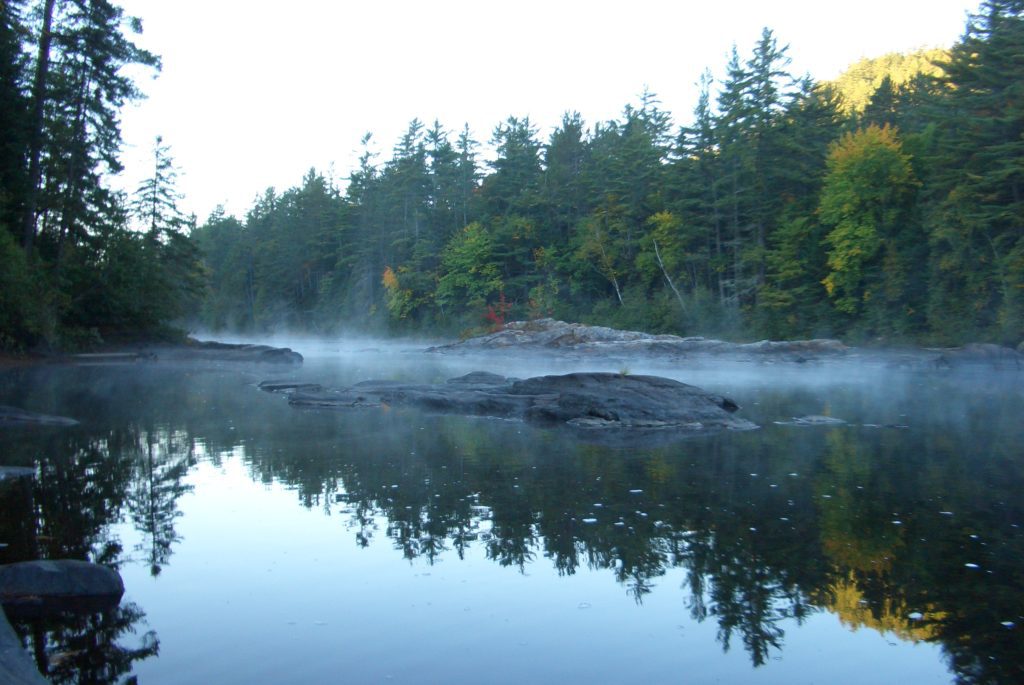Last week, the Minister of the Environment, Conservation and Parks Hon. Jeff Yurek held a media conference. He claimed that changes proposed in the province’s latest omnibus bill, Bill 132, will hold big industrial polluters more accountable. The reality, on the other hand, is that these changes will have the opposite effect.
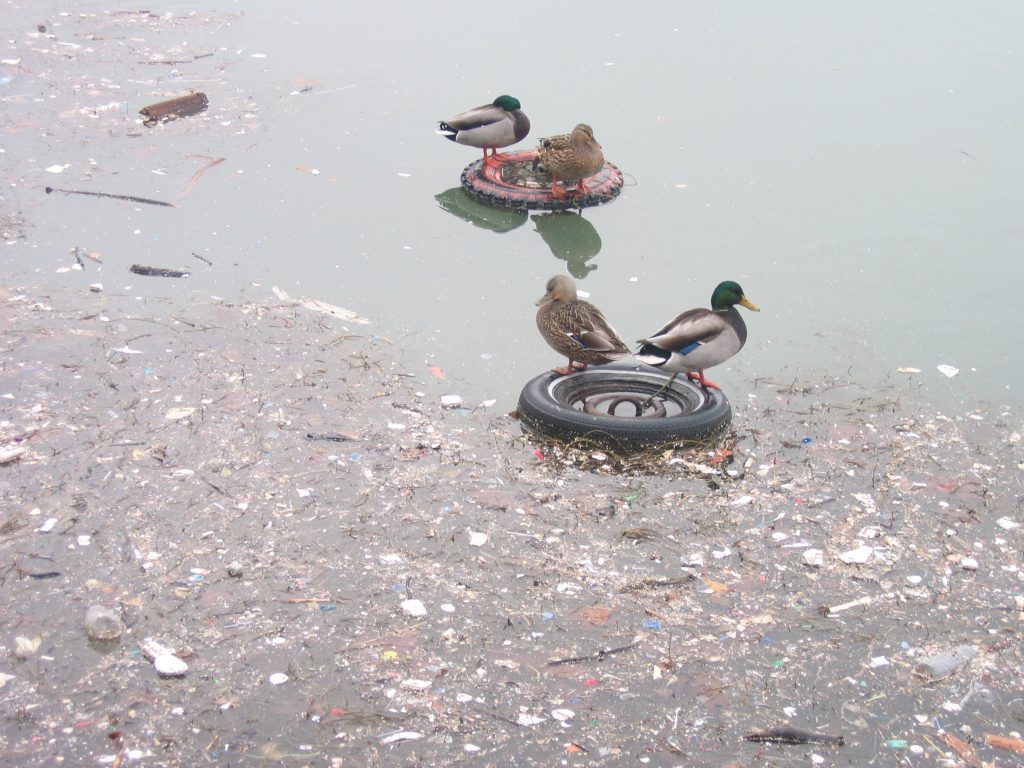
Environmental Defence was quick to call shenanigans. We pointed out that the changes, in fact, make it less expensive for industries like pulp and paper mills, oil refineries, and steel plants to contaminate Ontario’s water.
Capping fines will cost the environment
In Schedule 9 of Bill 132, the Ministry of the Environment Conservation and Parks (MECP) is proposing to cap the total fine a polluter would pay when caught polluting the environment. Currently, under Ontario’s main water protection law, polluters face a maximum fine of $100,000 for each day that water is being contaminated. This means, if a toxic sludge is spilling into a lake and doesn’t get fixed immediately, the fines will keep adding up for as long as the issue continues.
If passed, Schedule 9 of Bill 132 would cap the fine at a maximum total amount at $200,000 and get rid of daily fines. Instead of raking-up more penalties the longer an issue persists, there would be a limit to how high the fine can go no matter how long the pollution event went.
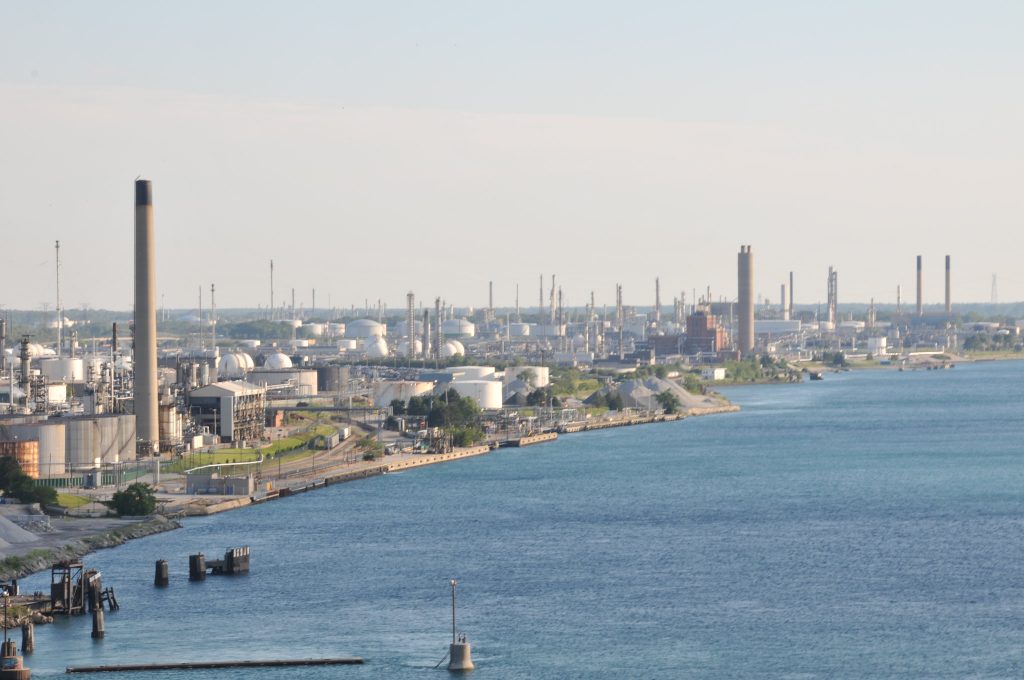
The approach the ministry is proposing runs exactly opposite to how to meaningfully hold polluters accountable. Ontario has a dark history of massive amounts of toxic chemicals being dumped into our lakes and rivers. In 2005, new rules were introduced to make environmental penalties more of a deterrent to polluting industries. That was in response to a massive spill by Imperial Oil in Sarnia that leaked 250,000 litres of volatile chemicals into the St.Clair River. The contamination was so bad that it shut down drinking water intake systems in the surrounding community.
Stories like that prove we cannot afford to go backward on industrial wastewater rules. Imperial Oil was fined $300,000 for this contamination, but the impact that the pollution had on the surrounding ecosystem cannot be expressed in dollar amounts. Fines need to be tough enough to prevent massive pollution incidents like the Imperial Oil leak in the St. Clair River long before they happen.
Ontario de-regulating industrial polluters
The changes proposed in Schedule 9 of Bill 132 are a serious cause for concern and come following a whole suite of environmental deregulation. Bill 132 is the latest swipe at environmental protection that includes major changes to more than 12 environmental laws. In addition to the changes in environmental law, the MECP is also proposing to trash nine industry regulations for the province’s biggest and richest polluters. The regulations set strong rules for especially environmentally harmful industries like pulp and paper mills, steel plants, oil refineries, mineral extraction and more.
MECP is proposing to end the standardized rules that cover pollution released into waterways, and instead create individual requirements for each industrial operation without any minimum standards. This could mean larger volumes of chemicals being released into Ontario’s waterways. Contrary to what industry would have us believe, the solution to pollution is not dilution. We must keep strict rules for the wastewater entering our environment.
Revoking these regulations could also have an impact on how industrial polluters are fined for breaking the rules. In 2018, fines placed under these rules were four times more expensive than fines placed under individual approvals.
If the government was honest about holding polluters more accountable, they’d be updating the existing strong rules to include more industries and raising maximum daily fines for polluting and not capping them. While on the surface, the government claims to be protecting the environment, as we peel back the layers, we can see that the opposite is true.
It’s essential that citizens of Ontario remain vigilant and engaged. It’s up to us now to speak out and let our elected officials know that Ontario’s environment is not for sale. We won’t stand for letting big industrial polluters get a pass on pollution.



